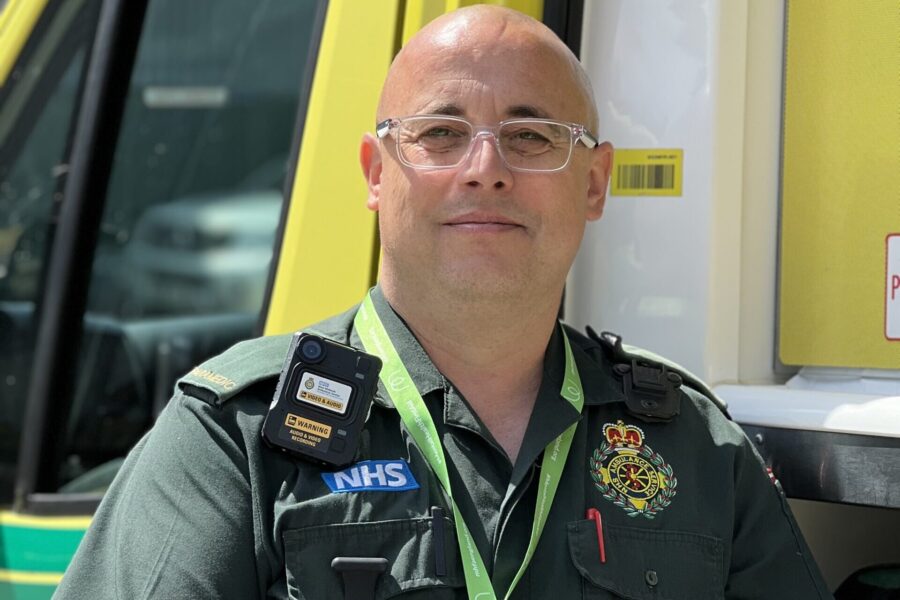
Champions
Across our Trust, we are proud to have a dedicated network of volunteer staff champions who support colleagues in a wide range of vital areas, promoting wellbeing, inclusivity, and understanding in the workplace.
These champions are frontline staff, managers and colleagues who go above and beyond their day-to-day roles to help build a supportive and informed workplace culture. They bring lived experience, passion, and empathy to their roles and are on hand to listen, guide, and signpost their peers when needed:
Health and Wellbeing – promoting healthier lifestyles, emotional support, and tools to enhance resilience
Menopause Awareness – offering information and understanding for those experiencing menopause or supporting someone who is
Cancer Support – providing a peer-based approach to navigating a diagnosis, treatment, or recovery, either personally or through a loved one
Diversity and Inclusion – celebrating individuality and advocating for equality across all backgrounds, beliefs, and identities
Mental Health First Aiders
We are proud to have more than 400 trained Mental Health First Aiders (MHFAs) across the Trust. Each MHFA has completed a comprehensive two-day course, equipping them with the knowledge, confidence, and tools to provide first-line mental health support to colleagues.
They are not therapists or counsellors, but they are trusted, trained colleagues who can listen, understand, and connect you to further help when needed. Their presence across all areas of our service means that help is never far away, and no one needs to struggle alone.
Specialist Mental Health Paramedic Tony Sutton is based in Stoke and is not only a Mental Health First Aider but also a Health and Wellbeing Champion and has eight years experience of these voluntary roles. Tony is on hand to support coworkers by listening, offering advice and help connect people with the right resources when they need additional support.
I have a real passion for helping our staff. If I could cover several areas, it’d be easier for people to get help – they’d only need to come to one person instead of hunting all over for answers. Mental health is really important to me. Whether just having a coffee and a chat, or getting someone specialist help, I’m here for it. Even sorting out an iPad, I can support someone’s mental health. We do a great job helping the public, and staff who are healthy and in a good place mentally are fantastic at helping those in need.
Supportive Roles
There are various other roles which many of our staff volunteer to do, in addition to their paid job, to not only support one another but the service too:
- We have more than 40 Freedom to Speak Up Ambassadors across the Region who help to create a more open and honest reporting culture within the organisation. Their role is vital in providing another way for staff to raise concerns. It is not designed to replace other methods but to enhance the options open to staff.
- There are six Staff Networks networks which everyone within WMAS is welcome to join and are ran by staff for staff. The networks working towards making the organisation an even more diverse and inclusive place and also allows staff to develop and find a shared consensus of belonging.